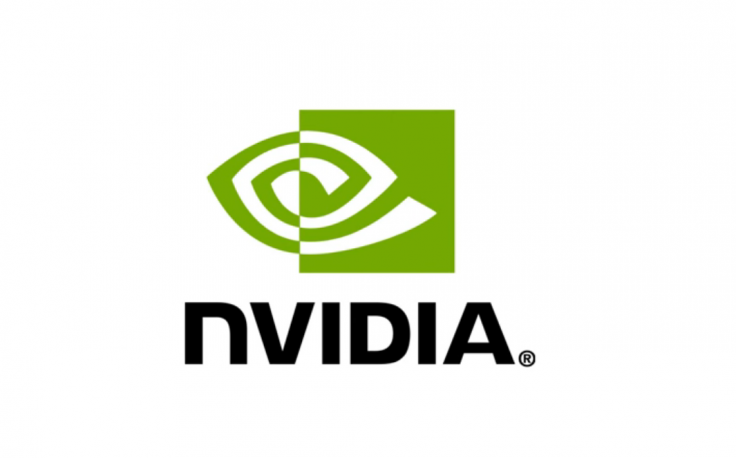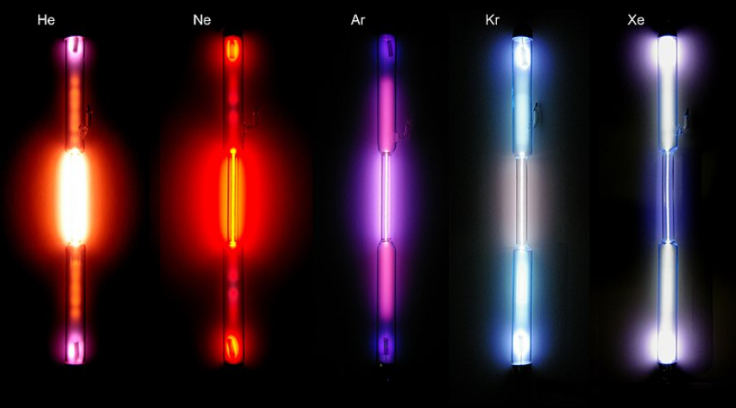Major US chipmakers have been hit as the US-China semiconductor war worsened. Shares of chip giants Nvidia and AMD plunged on Thursday after the US Commerce Department slapped new restrictions on chip sales to Chinese companies.
As per the department's new guidance, US chipmakers must immediately procure a license to supply artificial intelligence chips to Chinese companies. The US says stringent measures are needed to ensure that AI chips are not used by the Chinese for 'military end use'.
Sharp Fall
While Nvidia shares fell 6.6 percent, AMD shares dropped 3.7 percent.
"We are taking a comprehensive approach to implement additional actions necessary related to technologies, end-uses, and end-users to protect US national security and foreign policy interests," a US Commerce Department spokesperson said, according to BBC.
According to Nvidia, the new licence requirement means that the company will not be able to export A100 and H100 chips that are instrumental in machine learning projects.
The US chipmaker said it is slated to lose around $400 million if Chinese customers won't buy its alternative product offerings or if the US government does not grant licenses.
Significant Business Loss
Analysts said the new US restrictions will result in significant business loss for US chipmakers. "Both companies have a large exposure to China and could see more impact going forward, especially if China chooses to retaliate," said Mario Morales, a California-based IDC analyst.

Meanwhile, China said the US action is against the principles of fair competition. Accusing the US of violating international economic and trade rules, Beijing officials said: "The US side should immediately stop its wrongdoing, treat companies from all over the world including Chinese companies fairly, and do more things that are conducive to the stability of the world economy."
"This includes preventing China's acquisition and use of US technology in the context of its military-civil fusion program to fuel its military modernisation efforts, conduct human rights abuses, and enable other malign activities," they added, according to BBC.
Landmark Move
In a landmark move in July, the US Senate voted to move forward with the CHIPS Act that will provide a $54 billion boost to the country's semiconductor industry. The long-delayed Senate vote fulfilled the chip industry's demand for subsidies that will enable it to compete with China.

The US has had clear dominance in the semiconductor industry in the last several decades, maintaining more than 50 percent of the market share in revenue terms at one point. The country was also home to more than half of the 15 largest semiconductor companies in the world. But that dominance is being chipped away, with China and Taiwan expanding their footprint in the industry.
Last year, the Chinese state investment fund boosted the firepower of its all-important chipmaker SMIC amid a high-stakes 'chip war' with the United States. China's Semiconductor Manufacturing International Corp said it will build a $2.35 billion plant with funding from the provincial government of Shenzhen.









